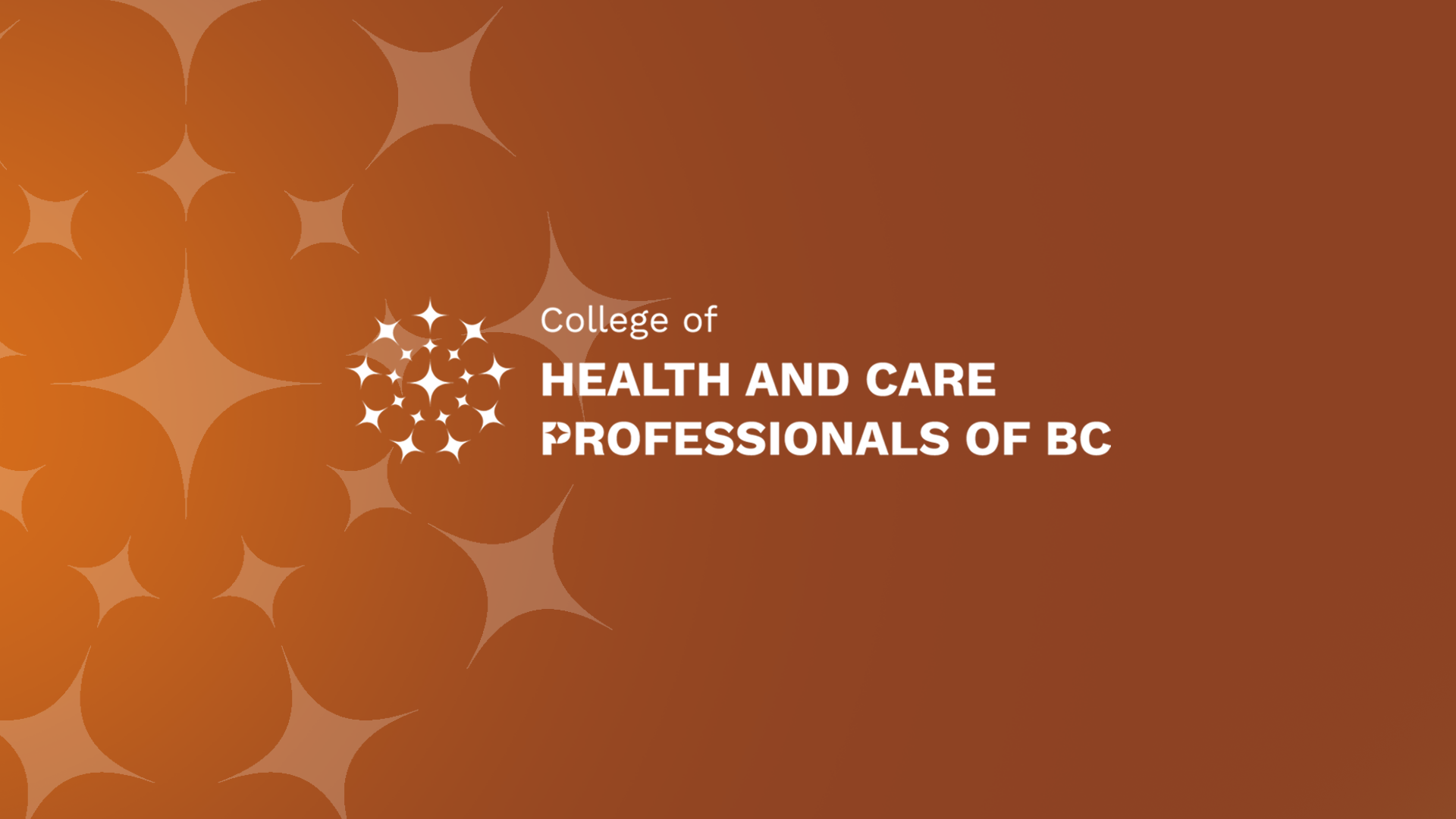From the Practice Advisors
Self-determination as the first principle
For many if not all healthcare professions, self-determination is a first principle that stands at the centre of all ethical healthcare practice. Self-determination is the ability and capacity of a person to determine their own affairs. Arguably, a client’s right to self-determination may even be the centremost of all ethical principles.
We see the concept of self-determination reflected in the availability of contemporary practices, including the requirement for informed consent. For an individual to be truly informed, they need the information any “reasonable person, in the client’s position, would need to know to make a decision” for themselves or for their loved ones.1
Informed consent in the context of healthcare must include elements like outlining what the purposes, procedures and processes are for the proposed services, the risks and benefits of proposed services and other treatment options for specific conditions, as well as the consequences of participating (or not) in the proposed services. Informed consent is a process that is ongoing and dynamic, and as the treatment goals and client needs change, ongoing informed consent would need to be re-established by the health care provider.
Informed consent considerations
Depending on which areas of practice or populations a health care provider may serve, establishing informed consent may be more or less straightforward, but this is not always the case. For example, consider clients whose family are recent immigrants who don’t yet understand English to a level that offers confidence that they understand what was discussed about the proposed treatment and informed consent conversation. Or perhaps an autistic client who cannot communicate readily in ways that are immediately recognizable to others – yourself included. Or in acute care with a client with fluctuating levels of consciousness that made you question the validity of any consent you did obtain.
When we do feel less than certain about consent discussions with clients, it is helpful to remember that how we capture the details of such discussions is often as important as how we obtain a client’s consent in the first place. For example, in clients who use alternative forms of communication, it would be important to document how informed consent was established with the client. Was it via typing in a tablet? Or through sign language? Would it be clear to another health care provider what was discussed and how informed consent was obtained?
As health care providers, we hold an enormous level of public trust in the services we recommend – trust that we have consciously gone through the research base and evidence ourselves first and, in turn, are actively working to share what we recognize to be important for our clients to know as they consider what decisions are right for them.
An informed client remains “in the driver’s seat” about the decisions they make for their own care. When a health care provider actively works to keep their clients informed in this way, prioritizing their clients’ self-determination, it is hard to conceive where they may go wrong – even when looking back decades later. It was, after all, always the client’s decision to make, not ours.
Resources
1 Client Consent – CHCPBC Clinical Practice Standard for RSLPs
About the Practice Support service
CHCPBC has profession-specific Practice Advisors for each of the nine professions the College regulates. Questions that are sent by registrants will be answered by a Practice Advisor in the same profession as the registrant. Submissions are treated confidentially.
Our practice advisors provide guidance on how standards of practice, clinical policies, clinical practice guidelines and protocols, and related documents may be interpreted and can be implemented in practice. The goal is to assist registrants to find solutions to their practice issues given the complexity of health care delivery today.
Anyone – registrants or members of the public – with a question about CHCPBC’s expectations for safe, ethical and quality practice is welcome to contact our Practice Support team.

